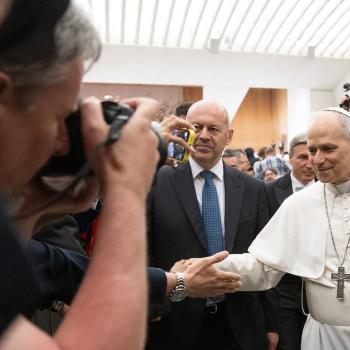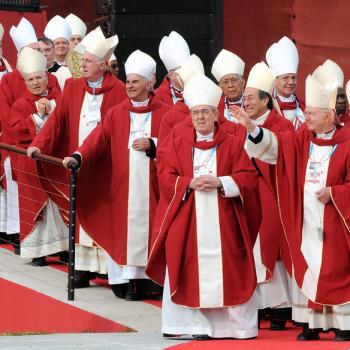Here is a fascinating history of international copyright law, occasioned by recent attempts to bolster it even more in light of the new techological “sharing” possibilities. Back in the 19th century, copyright used to extend only within a particular country. That meant that America, Canada, and England used to pirate each other’s authors, printing their work and giving them no royalties. That eventually changed, due to the crusading, among others, of Mark Twain, who would travel to these other nations and ask why someone who stole his bottle of whiskey would get imprisoned but nothing happens to someone who steals his writings.
The article alluded to some people who resist these laws even today, maintaining that copyright restricts education, people’s access, and whatnot. I certainly understand why people download music illegally. But I can’t see how that can be justified in any kind of moral argument. Attempts to say that stealing music or other created products are anything but violations of the commandment seem to be just casuistry (in the sense I explained a few days ago in a comment) so as not to think of oneself as a sinner. Isn’t Twain’s analogy valid? Can any of you think of a moral justification for taking an artist’s property without paying for it?
















